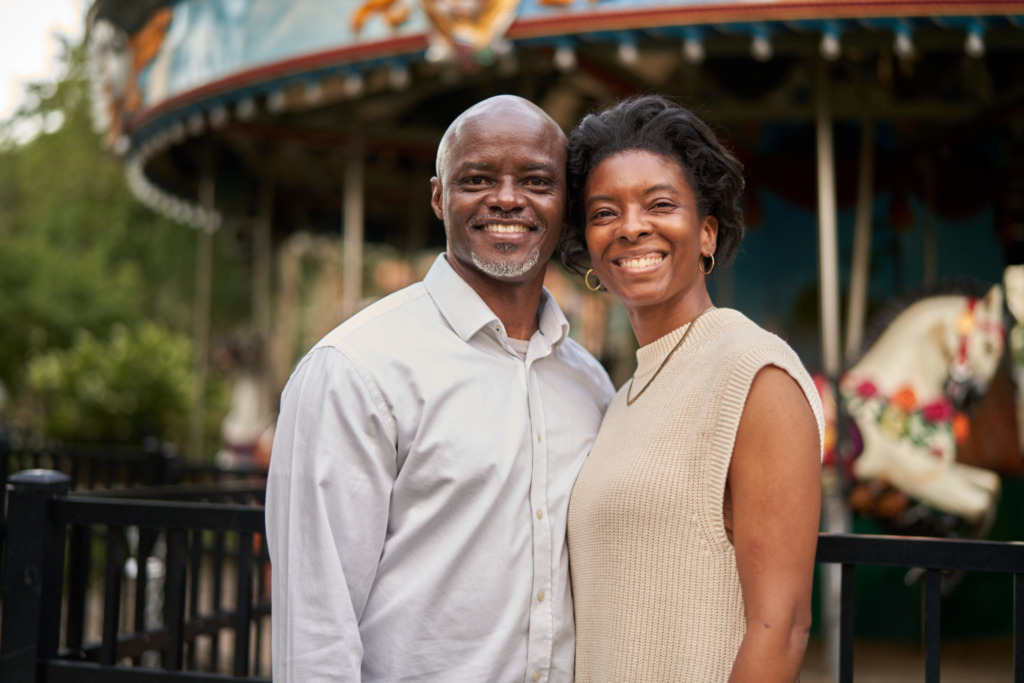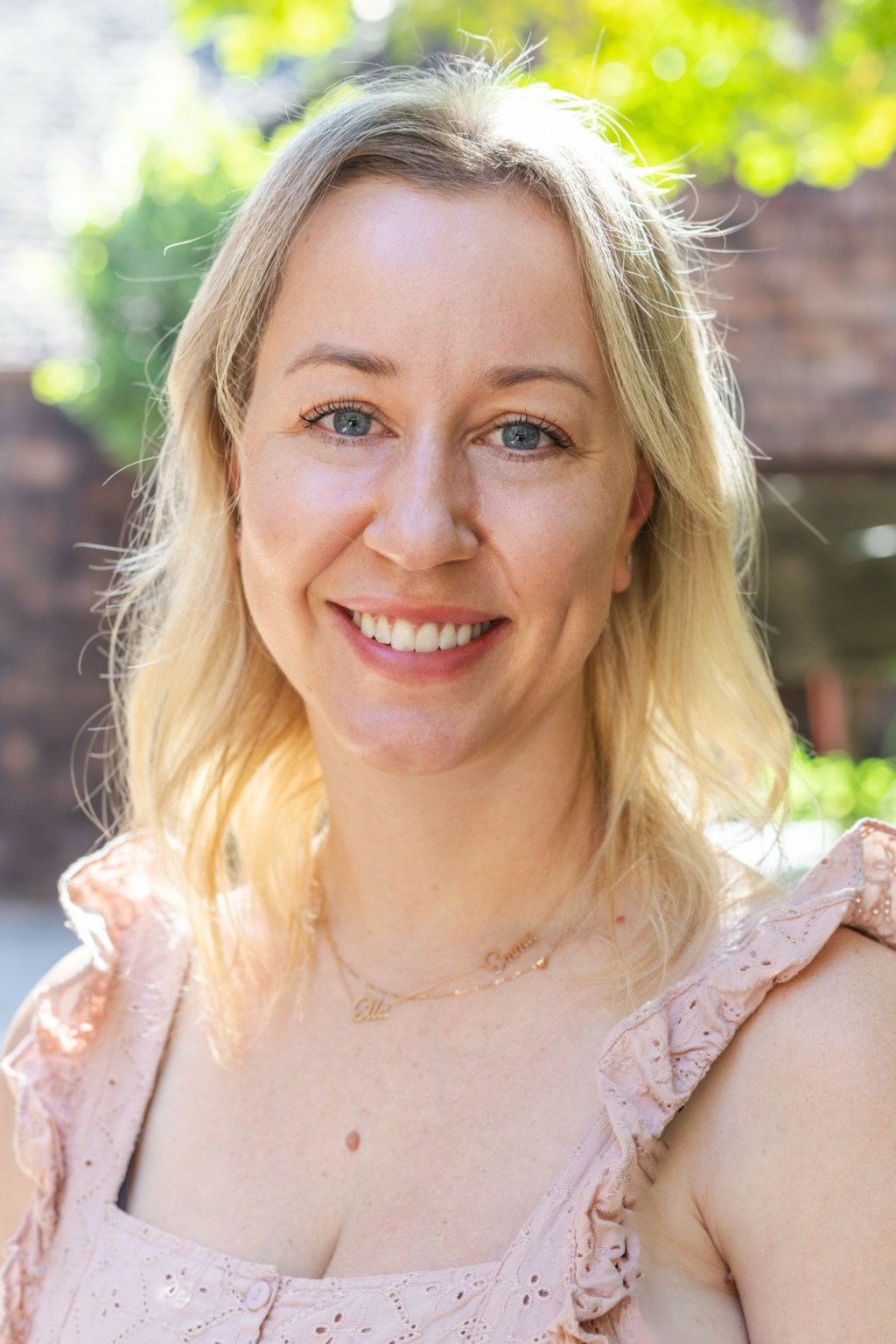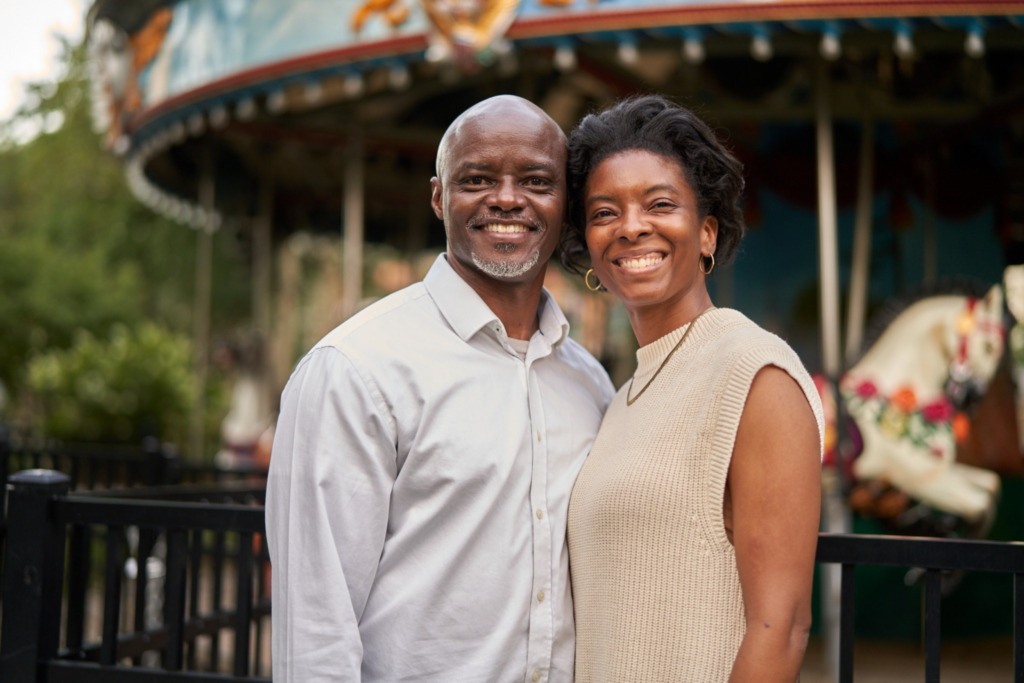We asked some brilliant folks to tell us about the best advice they’ve ever given to a client and have highlighted some of the responses below.
Kavita Ajmere

Female friendships play a vital role in psychological wellbeing through multiple mechanisms. These relationships often provide a unique combination of emotional understanding, mutual support, and shared experiences that create lasting positive impacts on mental health. Women in close friendships typically experience reduced stress levels, as these relationships offer safe spaces for emotional expression and processing of life experiences. Read more>>
Mr. Keith And Dr. Katandria Love Demps

The best advice we ever gave to a client/patient was how to incorporate self-care into their daily wellness as they caregiver for their parent and family. The challenge for this particular client was too many irons in the fire and not enough attention to oneself, navigating through the daily life challenges faced.
The client benefited in the areas of mental health and wellbeing. The result was improved quality of life and a sense of control. Read more>>
Alison Wills

The best advice I ever gave a client was this: “What if you stopped trying to be everything for everyone—and started being everything for yourself?”
One of my clients, a busy working mom, came to me feeling completely drained. She was running on empty, trying to juggle work, family, and expectations, yet feeling like she was constantly failing. She believed that if she could just be more organized, more disciplined, more productive, she’d finally feel at peace. Read more>>
Paula Passanisi

One piece of advice I’ve found particularly helpful for many clients is, ‘There’s always a way out.’ This simple phrase can be incredibly empowering for those feeling stuck or overwhelmed by anxiety.
I recall one client who was preparing for a community event they had been eagerly anticipating. This event represented a significant step towards a personal goal: connecting with others. However, as the event drew closer, their anxiety escalated. Doubts crept in: “What if it doesn’t work out?” “What if it’s not what I expect?” “What if I hate it?” Read more>>
Carissa Gustafson

As a psychologist who specializes in women’s and maternal mental health, the advice I find myself giving most often is for women to own their anger and use it to advocate for themselves.
Women are often socialized to engage in people pleasing or raised to play the peace keeper in their family system.
These kinds of behaviors often come at a cost to women’s mental health. Read more>>


